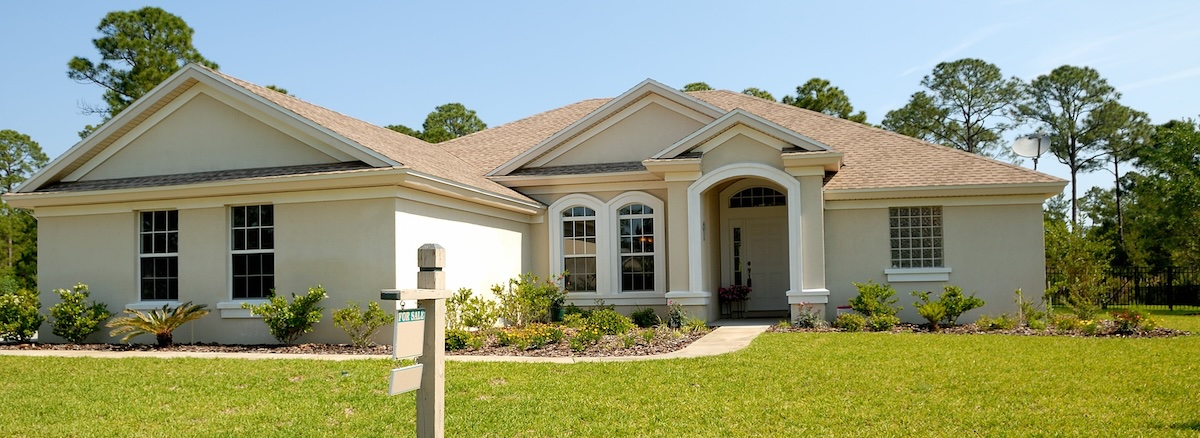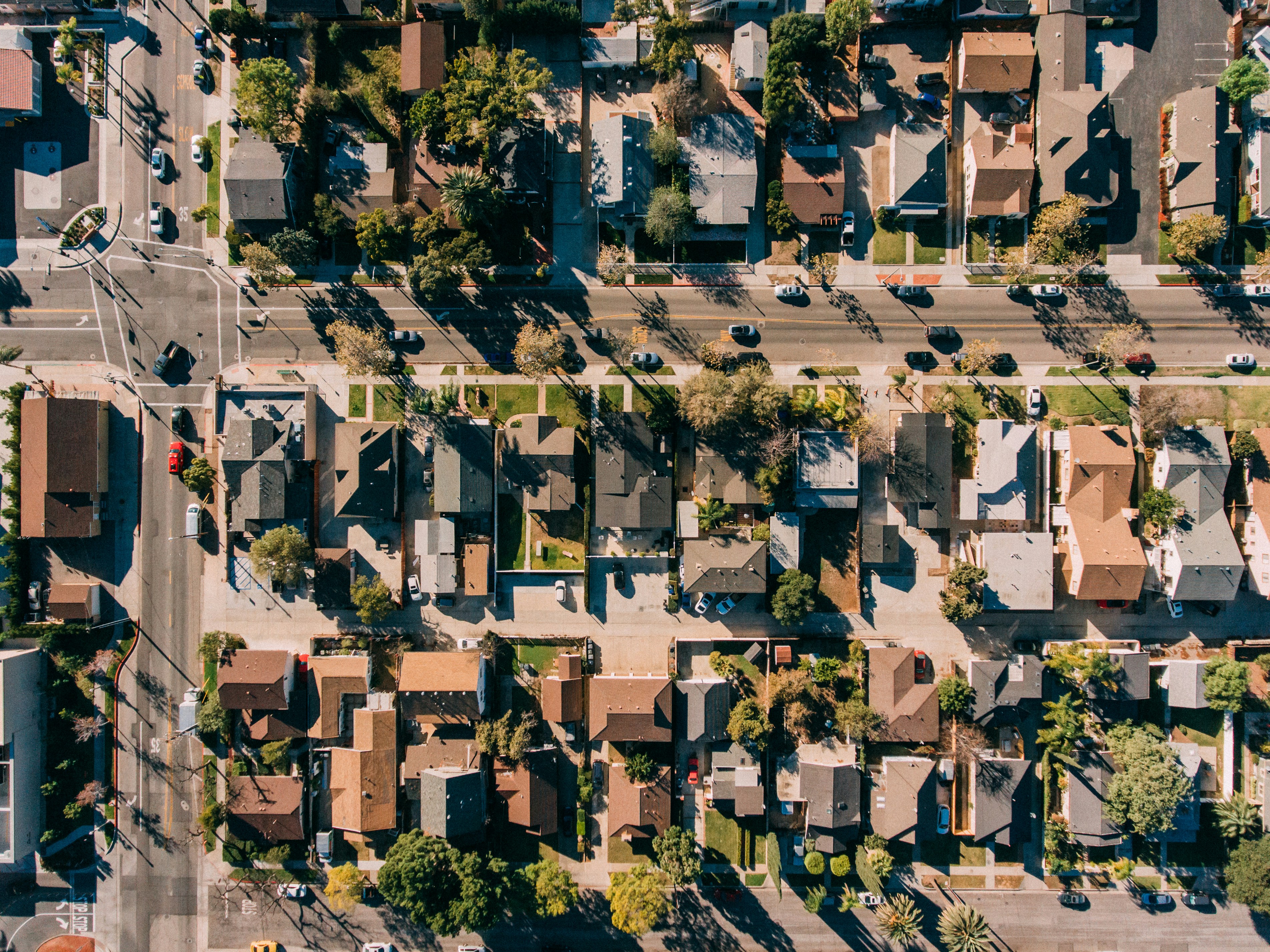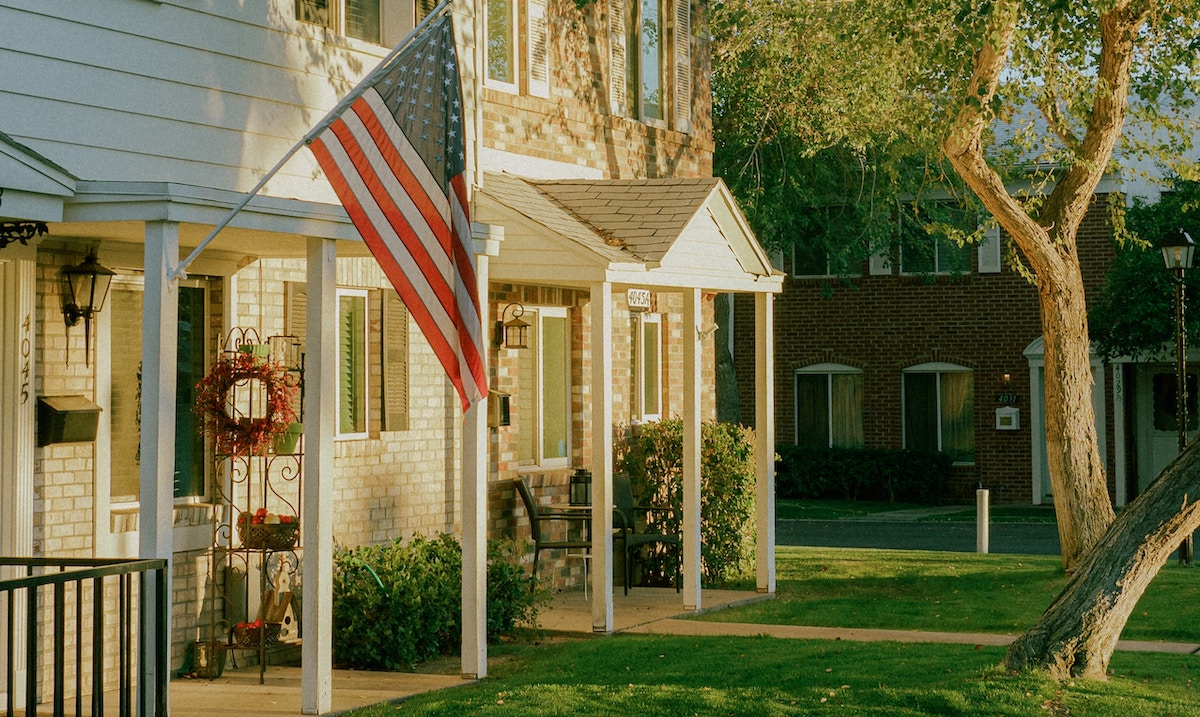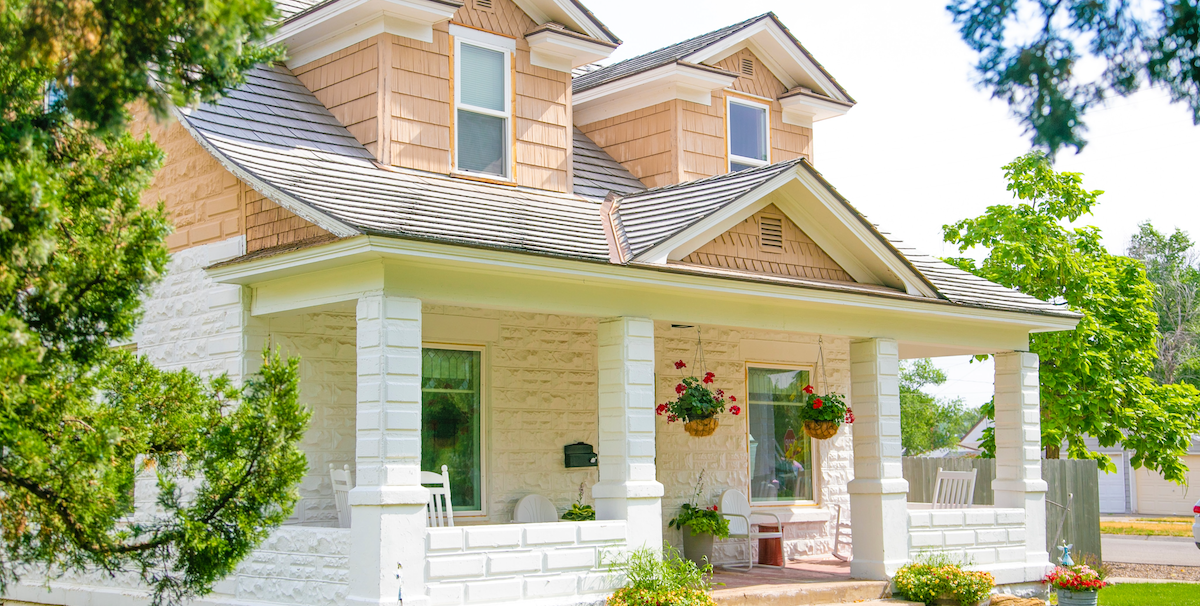Finance and Investments
Can I Live Off Passive Income Earned From a Rental Home?
Last Updated Jan 30, 2024


Is it possible to live off passive income from a rental property? Most people invest in real estate to achieve long-term financial goals and security. If you can cover your expenses and maintain positive cash flow, it is possible that your rental home (or homes) could bring a steady stream of passive income.
In 2024, holding a single-family rental can be very profitable — particularly if you own the home outright, have inherited a home, or have considerable equity in the home with low overheads. As for whether you can live off the income of a rental property alone comes down to your personal finances and living situation. Not everyone requires the same amount of income to live a comfortable life and not all rental homes will bring in passive income after expenses.
To decide if can achieve passive income and live comfortably from your rental income alone, there are three things you need to do first:
- Run the numbers on your living expenses and income needs
- Determine your capacity for managing a rental home
- Find a home or optimize your rental income that can achieve these needs
You should also consult with a financial professional before making any big moves. But this article will break down the three steps listed above to help you do the initial math.

Step 1: Determine how much income you need your rental home to produce
Do you have a firm grasp of your finances in 2024 and beyond? There’s no point trying to live off rental income if it means you’ll have to give up your lifestyle or will struggle to pay the bills. You’ll need a solid understanding of two sets of monthly expenses — one for your rental home and the other for you and your family.
1. Calculate your monthly rental home expenses
Rental home expenses include:
- Any mortgage repayments or debt such as equity loans
- Ongoing maintenance and repairs
- Property taxes
- HOA fees if applicable
- Any capital improvements or planned upgrades
- Expenses of managing the home such as property management fees or regular travel, legal costs and contractor costs when you need help
- Landlords insurance
- Accounting fees
- Taxes on rental income
Many of these expenses can be claimed to reduce your tax liability. Any income earned outside your rental home will influence the tax bracket in which this is calculated. Items such as capital improvements or needing a major upgrade on the home can’t be claimed upfront, but need to be added to depreciation of the home.
Consider the age and condition of the home when calculating these costs. Things like a roof repair or new hot water heater could dent your income if you don’t budget for them or have adequate insurance.
2. Calculate your monthly personal expenses
Personal expenses you’ll need to consider include:
- Your own housing costs
- Food
- Utilities
- Transportation (car, insurance, and gas)
- Medical/Healthcare
- Insurance (health insurance, rental property insurance, life insurance)
- Any debt repayments and credit card interest
- Recreation and entertainment
- Ongoing subscription services (like TV streaming services or cable, any gym memberships, sports)
- Clothing and shoes
- Travel expenses if you are planning trips or visiting friends and family
Don’t forget expenses that crop up less often that might not be on your radar every month. Things like renewing your license and registration or a passport or visa costs. If you visit family interstate every Christmas, have you calculated the cost of travel, along with any other future plans?
The shortcut method for calculating this can be to use your current monthly take-home income as a starting point to work out your income needs. Be sure to account for any other sources of income that you will continue to have.
3. Add in contingencies
The housing market is not static. You may have a vacant home between residents. Rents will rise and fall. Your home could be hit by a natural disaster and need to be vacant during repairs. Contingency planning is crucial to any budget — especially when projecting what you need to live on.
When deciding if you can earn enough passive income from a rental home to live on, buffer in an emergency fund that can cover your expenses if your income falls. A good rule of thumb is 3 months worth of income, but anywhere between 3-12 is a good idea, depending on the level of risk you are willing to take on. This fund will give you a safety net for the unforeseen and limit how much debt you will need to take on such as relying on credit cards.
If you already have a cash flow-positive rental property, consider continuing to work or maintaining other income sources until you’ve built up an emergency fund.
4. Don’t forget to plan for your retirement
How far away is retirement for you? Are you already on track or does selling property factor into when you can retire? It’s wise to speak to a financial advisor before making the leap into living off passive income, to ensure you are on track to fund your retirement. If you are still saving for retirement or hoping to retire early while living on your rental home passive income, you’ll need to factor this into your monthly expenses.

Step 2: Determine your capacity for managing a rental home
When you own a rental home, it needs work and commitment to manage it effectively. Even if you wish to self-manage the home, there will still be time, effort, and costs associated with the daily operation of your rental home.
This includes travel to and from the property, the cost of screening tenants, legal fees, accounting, rent collection and a whole host more. When it all adds up, the income is not exactly passive. In fact, if you do enough work on the management of your property business, you may be considered a real estate professional and taxed differently. Factor this into your budget planning.
If that feels like too much work and you want a passive income stream, you will need to look at outsourcing the heavy lifting. This could be to a traditional property management company, which will cost you anywhere from 6-12% of your monthly rental income. But this isn’t the only cost you need to consider when hiring a property manager. Be wary that most charge hidden fees and add on extras that you may consider essentials, such as marketing, inspections and eviction assistance.
The alternative is Belong. We are a tech-enabled company with a human heart. We want to keep rental homes in the hands of individuals, by making it easier to achieve financial freedom through real estate. We offer financial security such as guaranteed rent, home insurance products, 24/7 customer service for both homeowners and their residents and more. And we never charge hidden fees that eat into your cash flow.

Step 3: Find rental properties that will allow you to live off passive income
Living off rental income? Your home needs to be in the right shape to hit those financial goals.
1. Acquire your rental home
If you already own a single-family home, you’re off to a head start. It’s likely you’ve already built equity in the property and if you’re lucky — locked in a low mortgage rate if you still owe money on the home. You can skip to the next step!
If you need to break into the real estate investment market, you will need to identify properties aligned with your financial goals. You’ll want to look for a market where demand for rentals is increasing, but there are properties in your price range. You can also look for areas with stable job markets and economic growth.
In some cases, the market where you currently live might not be your best choice for buying an investment property. As a result, you may end up managing an out-of-state rental property. If you are beginning your search, finding a real estate agent who understands your financial goals and is knowledgeable about the markets you choose to search within is essential.
2. Optimize your rental property cash flow
To maximize your rental property income you will need to optimize your cash flow. To begin, conduct an accurate cash flow analysis of the home (you can learn how to do that here).
Once you have your numbers — how do you increase them? To optimize your rental cash flow, you will need to:
- Achieve the best rental price/ROI for your home
- Keep vacancy rates low
- Place reliable residents that look after your home, keeping repair costs down
- Ensure large expenses are planned for in your budget
- Avoid costly services that erode your cash flow
- Protect your home with insurance to avoid wiping out gains in a disaster
Achieving the highest rental price is the priority of anyone trying to live on rental income. The more money coming in, the easier it is to achieve this goal. This isn’t as simple as raising the rent. If your home doesn’t represent good value to potential renters, it’s likely to sit empty for longer. Cutting corners on maintenance and repairs can also have a negative impact on your cash flow, by failing to attract reliable residents that are looking to stay long-term.
To optimize your cash flow, you need to present a home in the best possible light and market it to suit your desired resident. This may be as simple as listing the home in summer during the market peak. Or it may involve spending money upfront to give it a fresh coat of paint, a functional outdoor space, adding a work-from-home space, or upgrading the home to attract families if it’s located in a good school district.
Get better support for long-term tenancy and passive income
Belong is simplifying the rental experience and helping more homeowners reach their financial goals through real estate. Visit our homeowner's page to find out more about how our services are helping people to ditch property management in Seattle, Redmond, Oakland, San Francisco, San Diego, Los Angeles, Tampa, Orlando, Jacksonville, Miami and many more.
About The Author
Melanie Kershaw
Mel Kershaw is a Content Lead at Belong. With an extensive background working with technology companies including Eventbrite and Yelp, she’s always looking for ways to create educational and informative articles that simplifies tech and solves problems for her audience.




